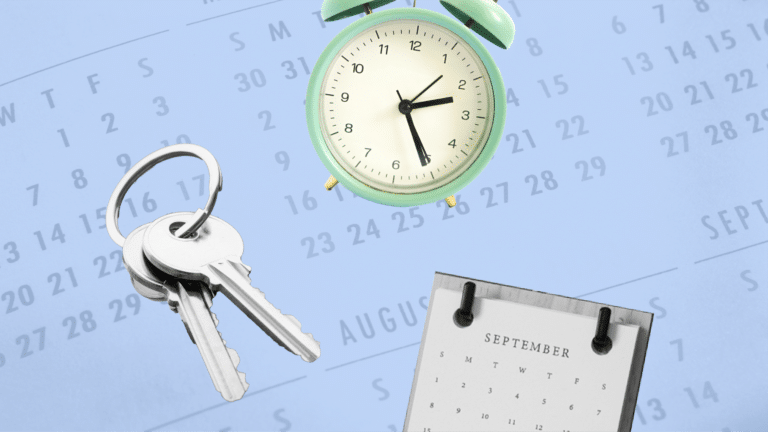A home is probably the single most expensive thing you’re likely to purchase, ever. That means you’ll want to plan carefully for such a major financial undertaking.
Smart buyers know that a little bit of legwork in the beginning can save thousands in the long run. Here are some tips to give you a leg up in the home buying game.
1. Get Your Credit in Shape
Your credit score is a major factor in determining your mortgage rate. So if you’re even thinking about buying a home, you’re going to want your credit to be just as squeaky clean as you can possibly get it.
Mortgage lenders look at your credit scores from all three credit reporting agencies. Request a copy of your credit report from each of them. Check your credit reports carefully for errors. If you spot anything amiss, work aggressively to get those errors fixed or removed.
Is your credit score is on the cusp between good and great or great and really great? Then improving your score by even a single point could potentially save you hundreds of dollars a month on your mortgage. Just keep in mind, it can take about a month for changes to be reflected in your credit scores. Plan ahead. Paying off all of your credit card debt the day you apply for a mortgage won’t help your case.
2. Take the Property Inspection Seriously
Property inspection may seem like just another hoop to jump through before walking through the door of your new home. But having an expert look carefully at the condition of the most expensive thing you’re ever likely to buy can save you tons of cash.
With an inspection report in hand, you can negotiate with the seller. You may be able to get the seller to pay for some or all of the cost of needed repairs.
At a minimum, a deep dive into the inspection can help you make sure you’re not walking blindly into any major repairs. It’s all fun and games until the plumbing fails or the roof needs replacing.
3. Be Strategic About Your Down Payment
A down payment on a home is a sizable chunk of change, no matter how you slice it. And once you’ve put that kind of money together, you need to think carefully about how best to use it to serve your financial needs.
If you put a 20% down payment on your new home, you’ll avoid having to pay mortgage insurance. Mortgage insurance is an additional expense, and no one likes additional expenses. So most folks assume that putting more money down to avoid paying for insurance is the best choice. Sometimes, it is.
But your financial situation is unique, so research your options. Putting less money down and paying for mortgage insurance may make more sense financially in some cases. Consider what you might be able to do with the money if you make a smaller down payment and invest the difference, or save it for a rainy day.
4. Shop Around For the Best Rate
The Consumer Financial Protection Bureau says 77% of mortgage seekers only apply to one lender. Don’t be one of those people.
There are lots of ‘mortgage comparison’ tools online that show you quote comparisons. But when it comes to mortgages, a quote isn’t the real, actual, what-you’ll-be-paying for years-or-maybe-decades mortgage rate.
A real rate is only determined after you fill out a mortgage application and all of your financial, income, and employment data has been confirmed by the potential lender. Going through the mortgage process by applying to multiple lenders individually is time-consuming and stressful. Morty has a single application for many lenders, so you can make an apples-to-apples comparison of real offers from different lenders. With Morty, you get real rates, not hypothetical quotes.
5. Start Early, Have a Plan, and Do Your Research
This is probably the biggest money-saving tip for homebuyers: careful research and planning is the best way to go. Slow and steady wins the race to homeownership. Don’t just take anyone’s word for it or assume someone involved in the transaction has your best interest as top priority. The more time you give yourself to learn about the process, communicate, and get your financial ducks in a row, the better off you’ll be!
Published 8/22/16 updated 5/24/17







